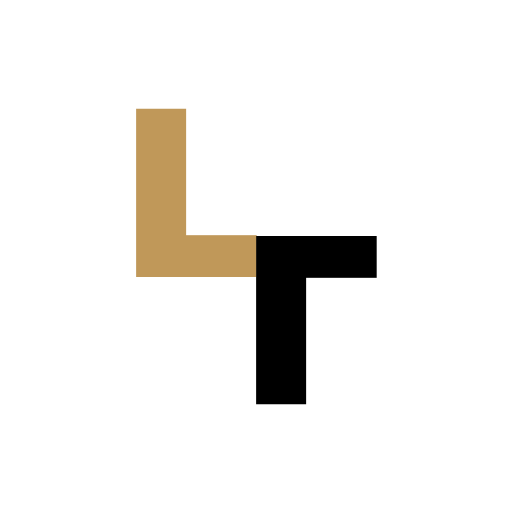This is an idea that we borrow from the late great Mr. Feynman.
Feynman believed (like some other greats before him, but probably more eloquently) that there is a significant distinction between knowing and understanding. There maybe two different theories A and B, which could both lead to the same outcome. But this doesn’t mean that the two theories need to be the same.
The Mayans could predict eclipses and position of the moon and other celestial objects pretty accurately, but they could do this primarily through their arithmetic prowess. Their calculations had little to do with astronomical understanding of the moon and sun and other astronomical objects. They hadn’t, for instance, figured out that these bodies were moving in orbits, and some even moving around each other. Their predictions of eclipses and lunar positions were purely based on equations from observing historic eclipses and positions. If a modern day high school student went to the Mayans and debated that he/she thinks these are astronomical objects and they are in orbital motion, then the Mayans could dismiss the student because the student hasn’t developed enough understanding of astronomy to predict positions of the moon and the sun in the future, while the Mayans can predict these positions with their arithmetic calculations. But this doesn’t mean that the student’s understanding is wrong, on the contrary it is superior to that of the Mayans. It’s just not developed far enough.
This is the fundamental difference between knowing and understanding.
We repeatedly see in investing that an entrepreneur who has opened many wrong doors to find a solution to a problem has really understood the problem very deeply and while he/she may not have opened the right door yet, the cumulative understanding he/she has acquired is very valuable. This may lead to the entrepreneur building something very valuable to solve the problem or to solve a related problem, even though the solution may look nothing like the form initially conceived.
We also see the problem of knowing vs understanding manifest in understanding disruptive new frameworks. Take the blockchain for instance. Not being able to solve a certain distributed network problem with blockchain doesn’t necessarily mean its a shortcoming of the blockchain concept. It could just mean that its something we haven’t yet figured out how to solve using blockchain. While at the same time, knowing how to build applications on blockchain shouldn’t mean that it should be used for problems which can be solved more easily and elegantly with a traditional ledger approach.
Being mindful of knowing vs understanding helps in identifying when there’s an unnecessary use of a technology or resource and when there’s not enough understanding of the technology or resource.
Knowing a friend or a partner is one thing, while understanding the friend or partner is a whole other thing. One’s not enough and the other may not yet be further along enough.
